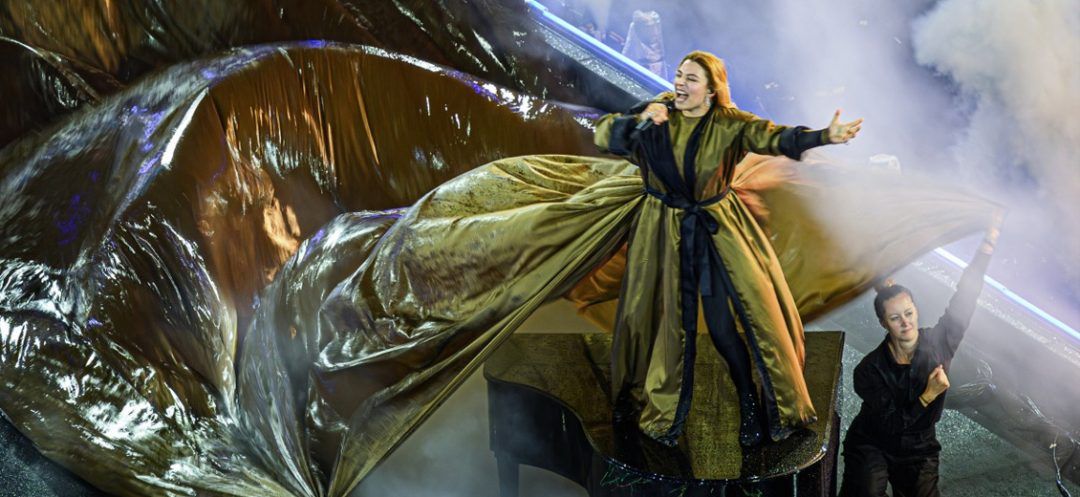
©Photo by Francois-Xavier Marit/AFP
The Paris Paralympic Games came to a spectacular end on Sunday, during a ceremony that blended emotional tributes, breathtaking artistic performances and a celebration of French electronic music, capping off an extraordinary summer filled with sports and togetherness.
The Paris 2024 Paralympic Games concluded in style on Sunday evening at the Stade de France, during a colorful closing ceremony that celebrated the spirit of resilience and the athletes’ achievements, while paying tribute to French icon Johnny Hallyday and the country’s vibrant electro scene.
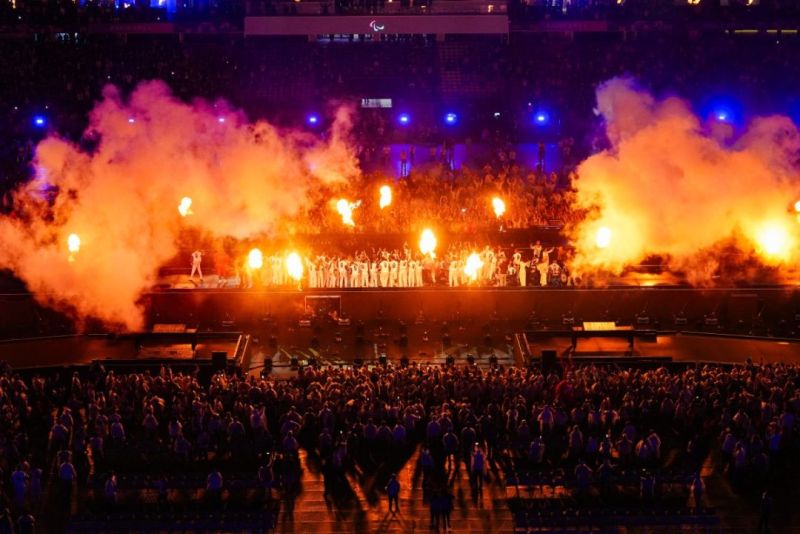 Photo by Dimitar Dilkoff/AFP
Photo by Dimitar Dilkoff/AFPThe evening began on a touching note with a heartfelt tribute to Johnny Hallyday, the musical thread running through this Olympic summer. Rising star of the French music scene, Santa, delivered a brilliant symphonic rendition of Vivre pour le meilleur, dressed in an enormous gown reminiscent of a boxer’s robe. The iconic hits of the national rocker, who passed away in 2017, echoed through the stadium to the delight of the audience.
The legendary ballad Que je t’aime, a 1999 classic, followed, played as a thank you to the 45,000 volunteers who contributed to the Games. This track, a true anthem of Paris 2024, had already accompanied the French delegation during the opening ceremony on August 28 and punctuated the rhythmic gymnastics team’s performances. Played over the speakers during every event, Que je t’aime had the French spectators singing at the top of their lungs, though the international crowd didn’t always join in. Along with Allumer le feu, another of Johnny’s hit songs, it has entered the pantheon of French sports anthems.
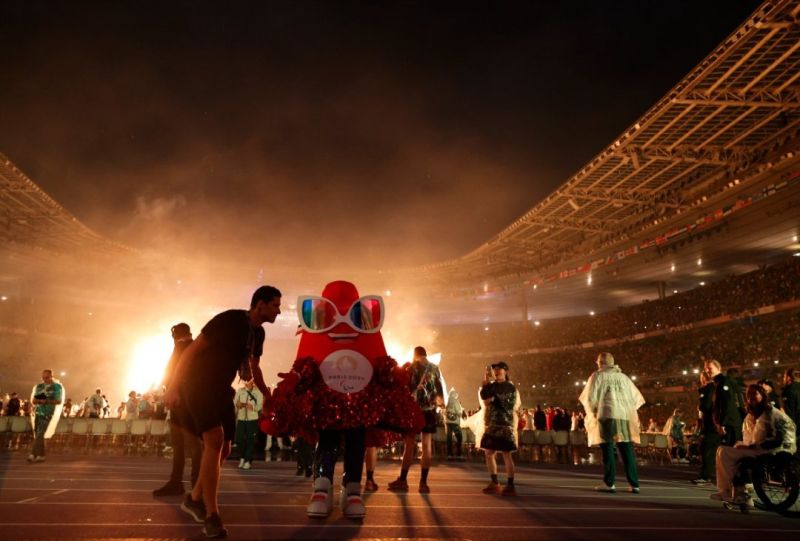 Photo by Thibaud Moritz/AFP
Photo by Thibaud Moritz/AFPThe Republican Guard also made a remarkable appearance during the ceremony. Forming an honor guard, about sixty of its members accompanied the para-athletes into the stadium, to the sound of popular classics from I Will Survive by Gloria Gaynor to Dans les yeux d’Émilie by Joe Dassin. A nod to their memorable musical appearances throughout the Olympic summer, from the Pont des Arts to the streets of Montmartre.
After the flag bearers made their grand entrance, Paris 2024 President Tony Estanguet took the stage to celebrate a “historic summer” that will be “etched” in memory. “This summer, people talked to each other, this summer, France was happy […] France had a rendezvous with History, and it showed up,” he said with emotion.
 Photo by Thibaud Moritz/AFP
Photo by Thibaud Moritz/AFPAnother highlight of the ceremony was the final appearance of the Olympic cauldron, a unifying symbol of these Games. Despite the cancellation of its last ascent due to weather conditions, it shone brightly in the Tuileries Gardens, saluted by the crowd who came to bid it a final farewell. Against the backdrop of this “100% electric flame,” Malian singers Amadou & Mariam performed Je suis venu te dire que je m’en vais, a composition by Serge Gainsbourg, to introduce the definitive extinguishing of the Paralympic flame by boccia champion Aurélie Aubert, surrounded by several French athletes who had shone during these Games. A poignant goodbye to this “extraordinary and magnificent object” that many hope to see preserved.
Dance was also in the spotlight with a spectacular demonstration of breakdance, a discipline making its Olympic debut this summer. Eight dancers, including four with disabilities, put on an electrifying show mixing moves, jumps and balances, to a wild mix by French hip-hop pioneer Cut Killer. This showcase was a well-deserved spotlight on this urban dance form, born in France, which hopes to secure its place in the next Games in Los Angeles in 2028 and Brisbane in 2032.
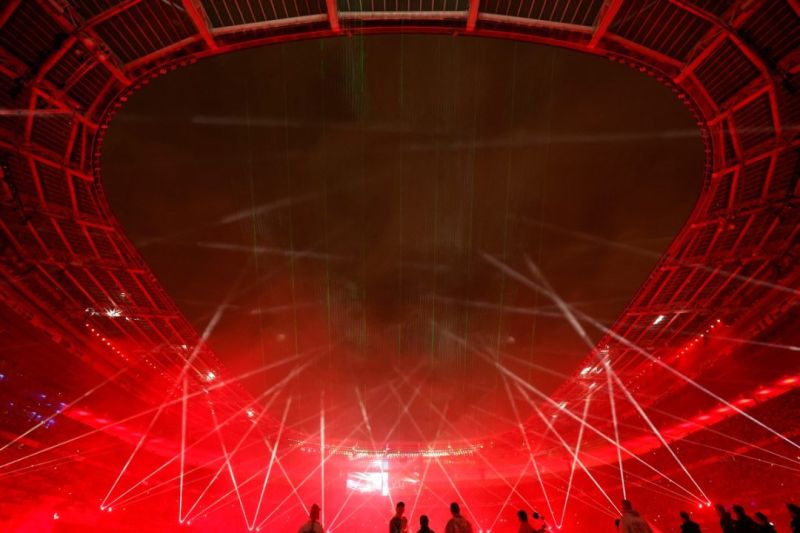 Photo by Dimitar Dilkoff/AFP
Photo by Dimitar Dilkoff/AFPBut the crowning moment of the ceremony was undoubtedly the triumph of French electronic music in an epic grand finale. Like a “wave of sound” imagined by musical director Thomas Jolly, 24 renowned DJs took turns performing a medley of their greatest hits, sending waves of positive energy throughout the stadium.
From Jean-Michel Jarre, the living memory of electro and heir to pioneer Pierre Henry, to new talents like the gifted Santa, as well as established names such as Martin Solveig, Kavinsky and the duo Cassius, all contributed to making this musical heritage a true popular and international celebration, amplified by an astonishing visual display of lights, pyrotechnics and disco ball-like Phryges.
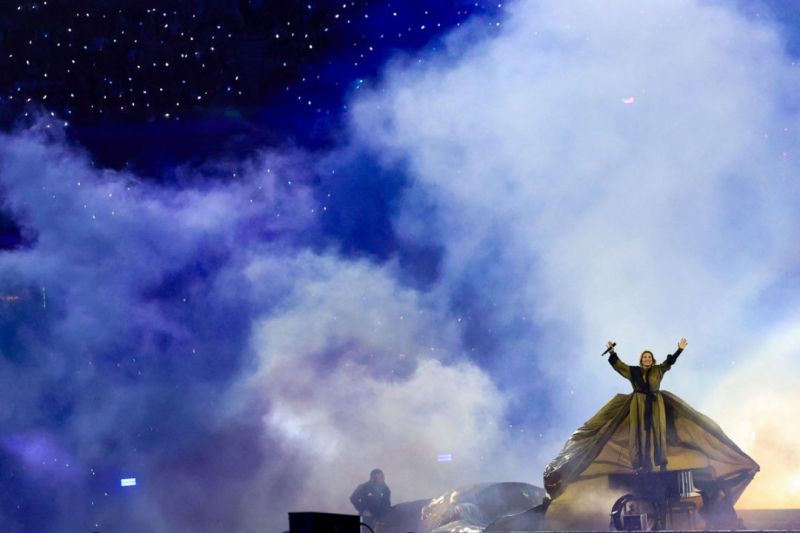 Photo by Geoffroy Van Der Hasselt/AFP
Photo by Geoffroy Van Der Hasselt/AFPElectronic music, a “physical” sound that “makes you want to move,” according to the duo Ofenbach, has firmly earned its place in the pantheon of the arts and the hearts of the public. This is a triumph for a movement that began nearly a century ago with the Martenot waves and Pierre Henry’s concrete music, before bursting from underground clubs to the world’s biggest stadiums.
“I think electronic music belongs in an athletics stadium, it’s a super physical music because the kick, the bass, pierces our bodies,” analyzed César de Rummel from the group Ofenbach. “It’s living heritage,” confirmed artistic director Thomas Jolly. “Celebrating it is festive, but it’s also a part of our cultural history.”
From Kraftwerk to Daft Punk, Manu le Malin or Laurent Garnier, this French electronic touch is far from done making crowds dance around the globe and writing new chapters in its history. And this closing ceremony will remain a milestone in its universal recognition.
This closing ceremony will go down in history as a successful distillation of France’s best: emotion, creativity, innovation and the art of living. A summer of celebration and togetherness that united the entire country around the values of sport and pushing one’s limits. “Paris is a celebration, and this Olympic summer an absolute triumph,” summarized a spectator leaving the Stade de France, eyes shining with joy.
Though the Paralympic flame was extinguished on Sunday evening, the magic of the athletes’ feats and the unprecedented popular enthusiasm sparked by these Games will continue to glow brightly in memory for a long time.
Read more


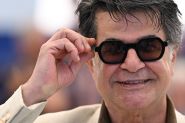
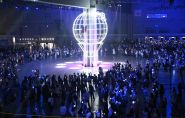
Comments